The English language has borrowed words from hundreds of cultures, but some of the most surprising contributions come from Native American languages. These terms were often adopted by early settlers who had no equivalent English words for what they encountered. As trade and communication grew, so did the vocabulary. Today, many Native American words blend seamlessly into everyday English without most people realizing their origins.
1. Moccasin

The word “moccasin” entered English from the Algonquian language family. It referred to a soft shoe made from animal hide, typically deer or moose, sewn together and worn by many Indigenous tribes. Early settlers admired the practicality and comfort of moccasins and adopted both the footwear and the name. Over time, the term moccasin became standard to describe any soft leather slipper or shoe with Native-style stitching.
2. Skunk
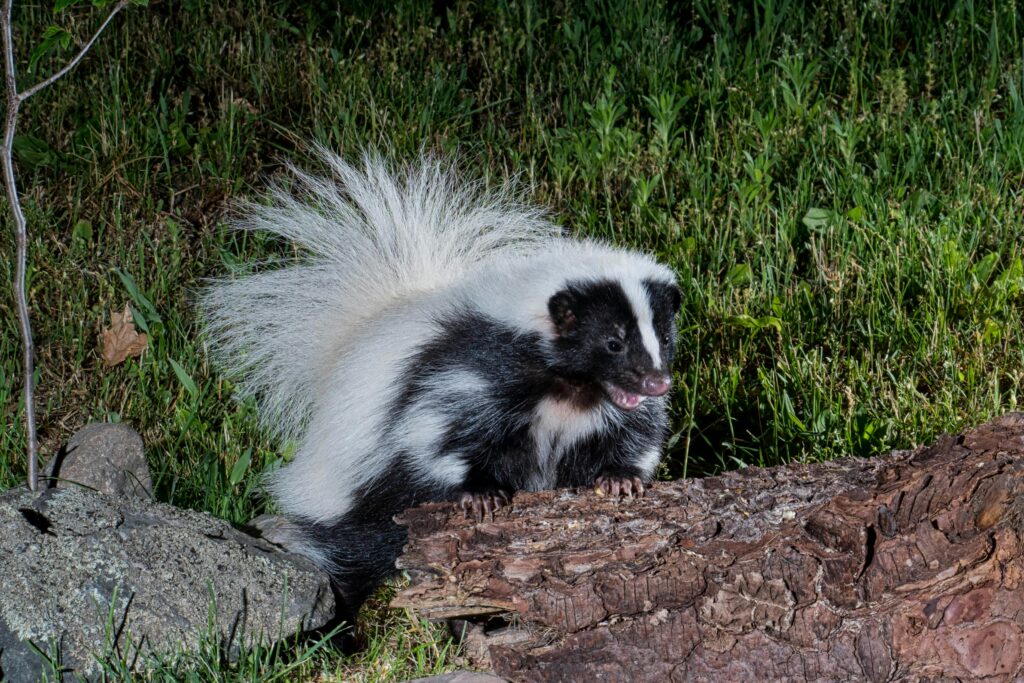
Skunk is another word borrowed from the Algonquian family, specifically from the Abenaki or Massachusett word seganku. The skunk, a small black-and-white mammal known for its strong odor, was native to North America and unknown in Europe. As settlers encountered the animal, they adopted the local term. It quickly became part of English vernacular and even developed metaphorical uses, such as calling someone a “skunk” to insult their character.
3. Chipmunk

The word “chipmunk” came from the Ojibwe language, possibly from ajidamoo, meaning “one who descends trees headfirst.” These small, striped rodents were unfamiliar to English speakers before their arrival in the Americas. The Native American term was phonetically adapted, eventually becoming “chipmunk.” Today, it is one of the many animal names in English that has Native American roots.
4. Squash
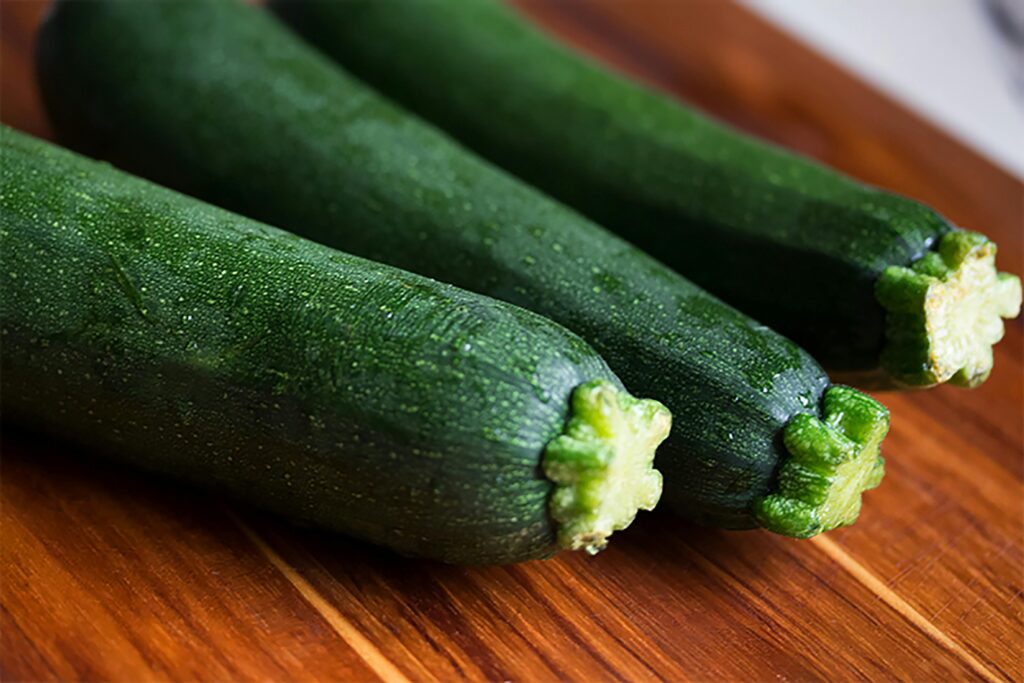
Squash refers to a group of edible plants that includes pumpkins, zucchini, and other gourds. The term came from the Narragansett word askutasquash, meaning “something eaten raw or uncooked.” These vegetables were a staple food for many tribes and were quickly adopted into English agriculture and cuisine. The word has remained unchanged and is now deeply embedded in English food terminology.
5. Tomahawk
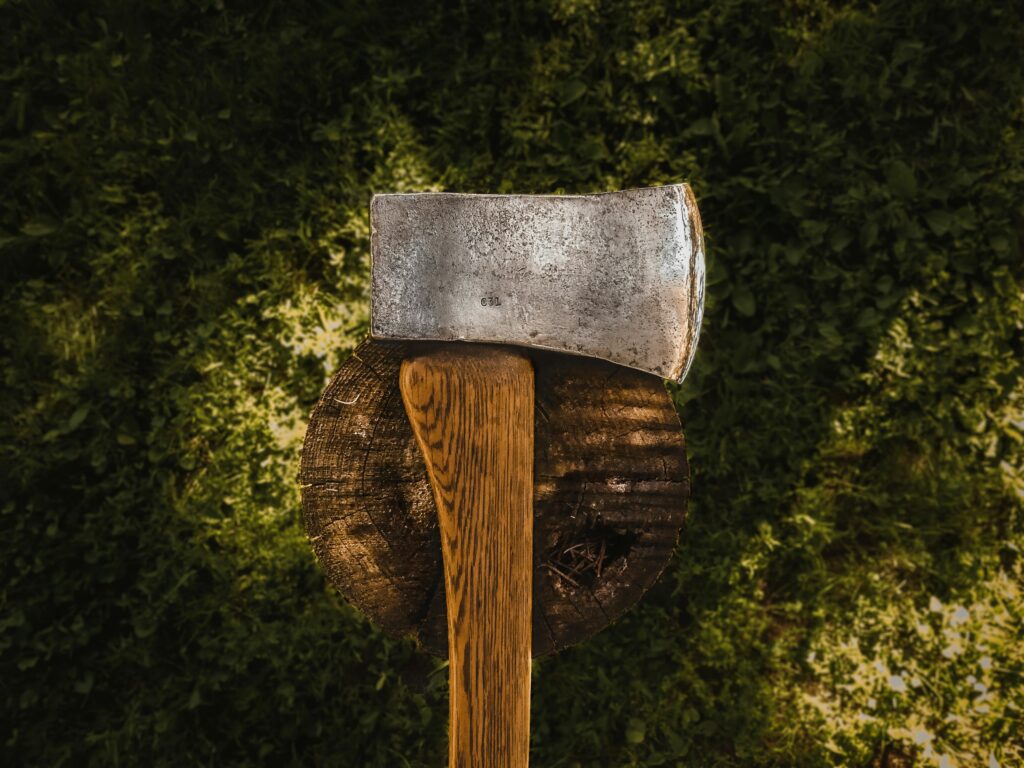
Tomahawk entered the English language from the Powhatan word tamahaac, meaning axe or cutting tool. It referred to a type of hatchet used by Native American warriors and hunters. As European colonists encountered these tools, they adopted both the design and the term. Tomahawks became a symbol of early frontier life, and the word remains in English, often used metaphorically or historically.
6. Totem
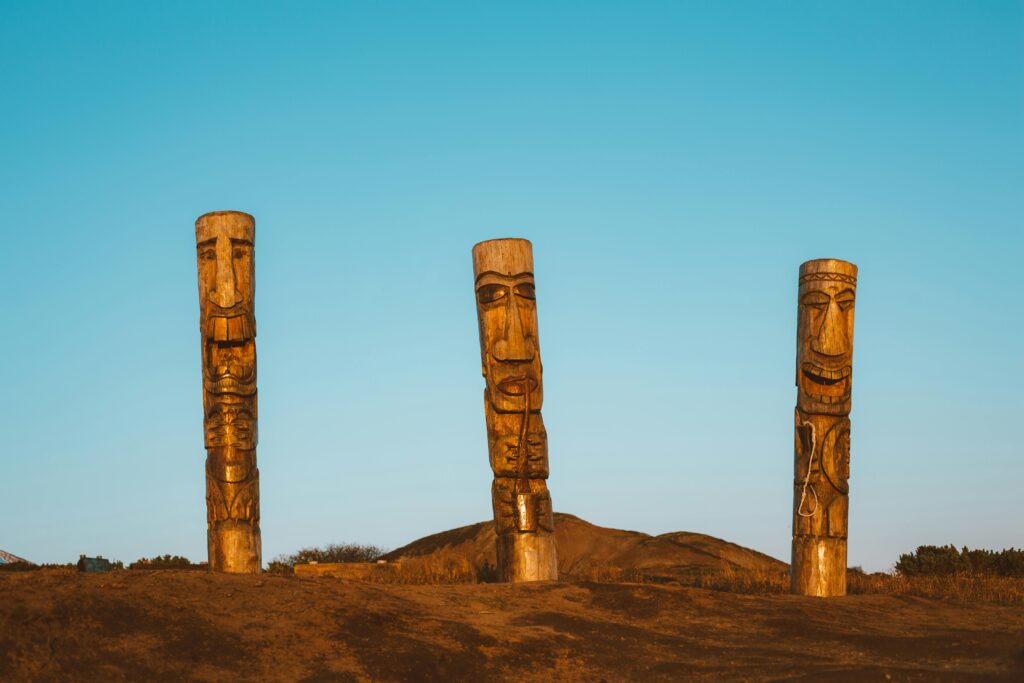
Totem is derived from the Ojibwe word odoodem, which means “his kinship group.” In Native American culture, especially among tribes in the Pacific Northwest and Great Lakes regions, a totem represented an animal or object that held spiritual significance for a clan or family. When anthropologists and settlers learned about this tradition, they brought the concept and the word into English. Today, totem is widely used to describe symbolic representations of identity or belief.
Read More: These Underrated American Towns Are Legit *Perfect* for a Weekend Getaway
7. Wigwam
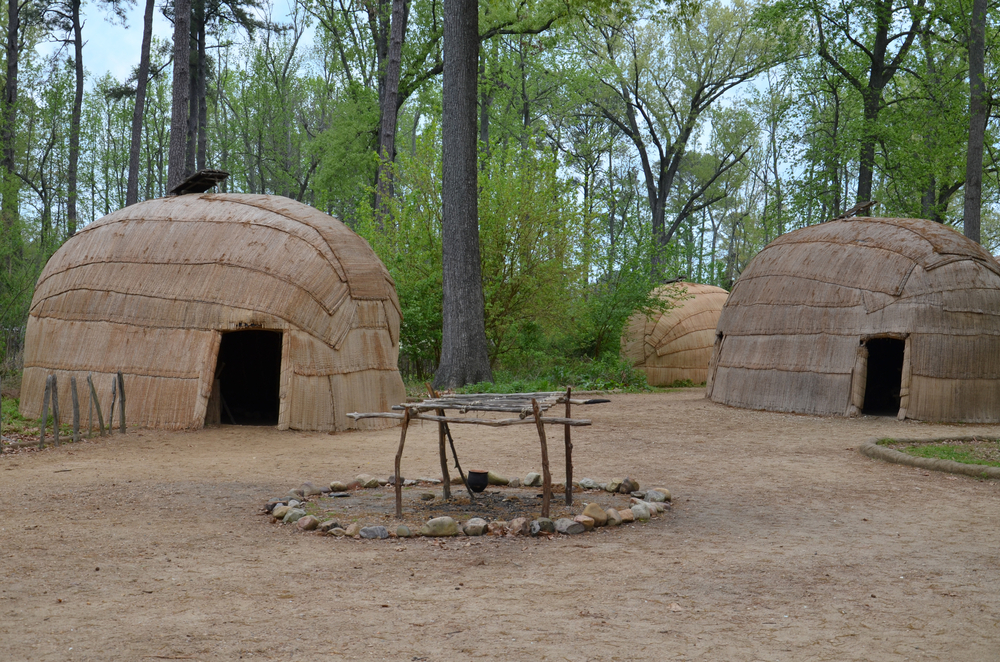
The word “wigwam” comes from the Algonquian wikewam, which means “their house.” Wigwams were domed dwellings made from wooden frames covered in bark or hides. Unlike the tipi, which was used by Plains tribes, the wigwam was more common in forested regions. The structure impressed early settlers, who adopted both the housing style and the term into English.
8. Canoe

Although the word “canoe” entered English through French and Spanish, it originally came from the Arawakan language, likely kana:wa. These lightweight, narrow boats were essential for transportation, trade, and fishing. European explorers in the Caribbean and North America borrowed the word and brought it into English. Today, canoe is used worldwide to describe a specific type of paddle-powered boat.
9. Hickory
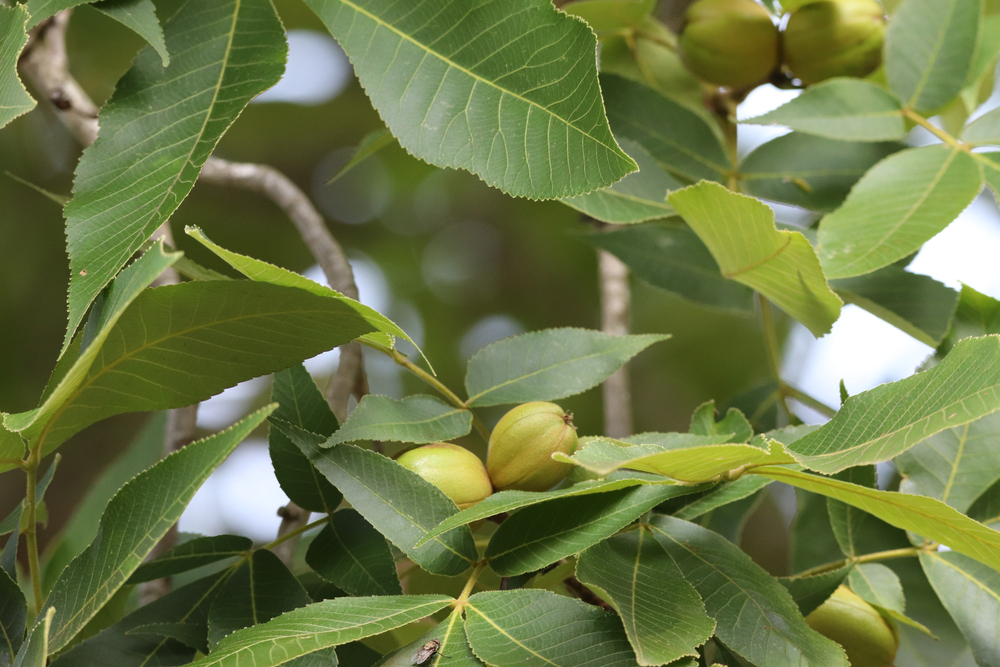
Hickory is the name of a tree that produces strong, dense wood and flavorful nuts. The word comes from the Algonquian term pawcohiccora, which referred to a drink made from hickory nuts. English speakers eventually shortened the word to hickory and applied it to the tree itself. Today, hickory is known in English for its use in furniture, tools, and smoked barbecue.
10. Pecan
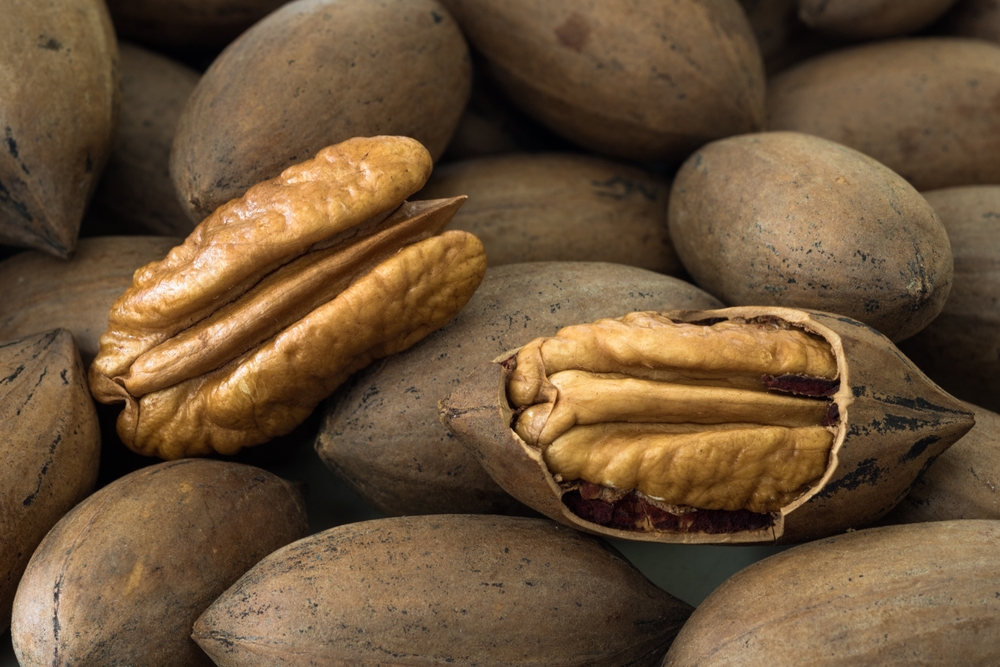
The pecan nut comes from the Algonquian word pakan, meaning “nut that requires a stone to crack.” This tree was native to the southern parts of North America, and its nuts were a valuable food source. As settlers encountered the pecan, they adopted the term into English, where it now describes a popular nut used in pies and other recipes.
11. Barbecue

While not purely Native American in origin, the word “barbecue” has deep roots in the Taino language of the Caribbean. The word barabicu referred to a wooden structure for cooking meat over fire. Spanish explorers adopted it as barbacoa, which eventually entered English as barbecue. Native peoples used this method long before European contact, and the name stuck as cooking styles blended over time.
12. Opossum
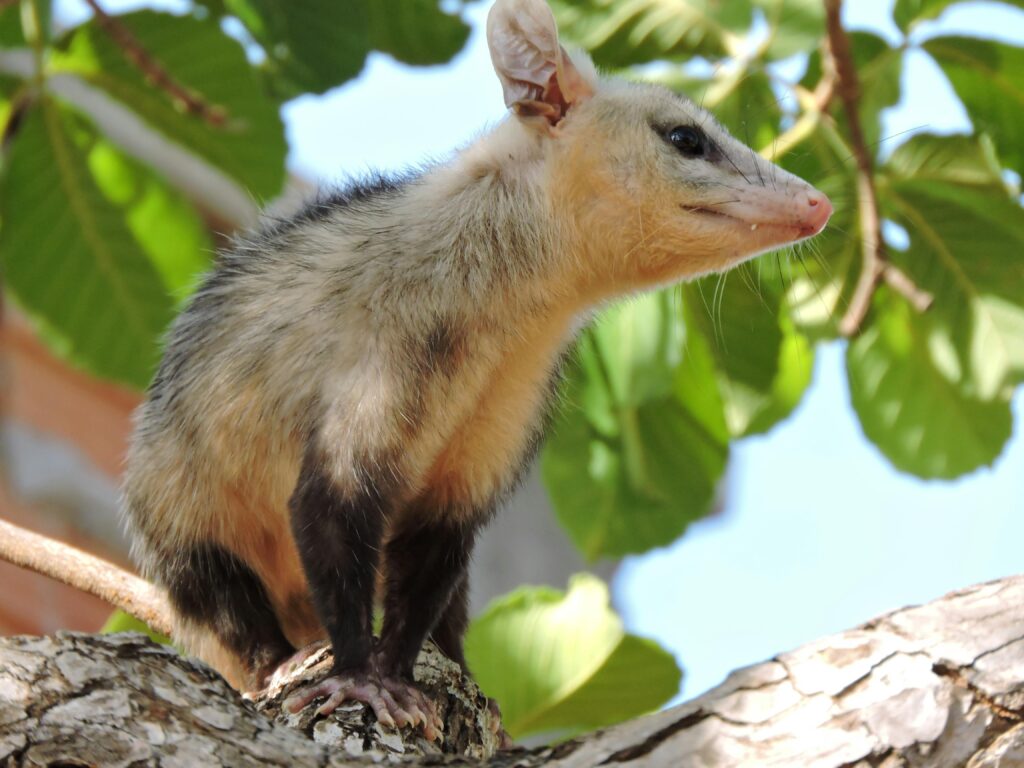
Opossum, often shortened in spoken English to possum, originated from the Powhatan word apasum, meaning “white animal.” This nocturnal marsupial is native to North America and was unknown in Europe. English settlers borrowed the name from local tribes and it has remained part of English vocabulary ever since. The opossum’s unique behavior, including playing dead, has made it a curious figure in English folklore and language.
Native American Influence on English Is All Around Us
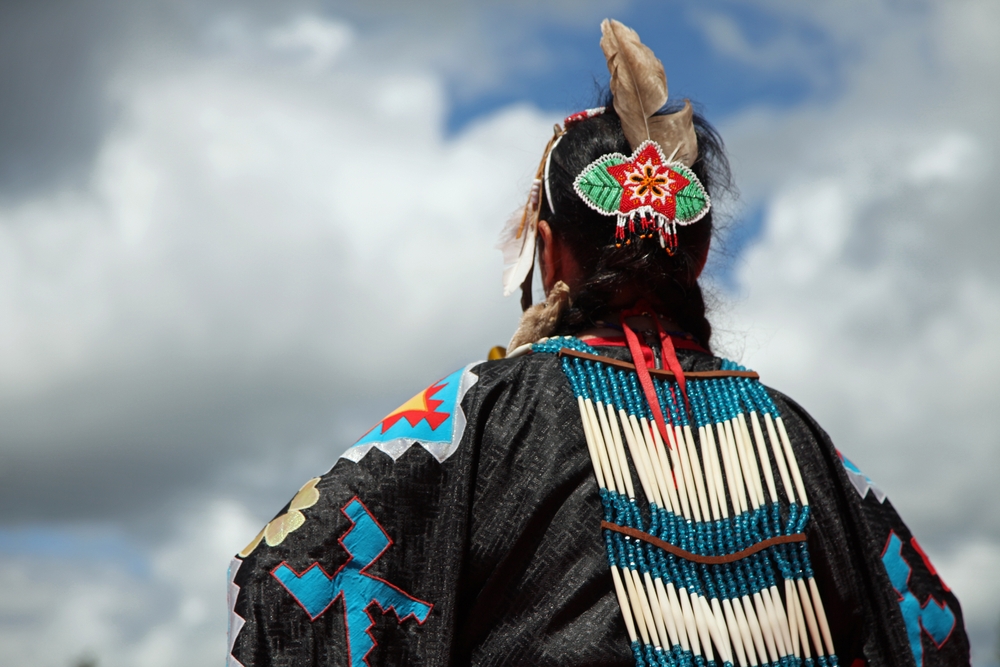
These 12 words show how deeply Native American languages have shaped modern English. From animals and food to tools and shelter, many essential concepts had no European equivalent, so early settlers borrowed local words. Over time, these became normalized in English speech and writing. Today, we use them without thinking, yet they reflect a history of cultural exchange and adaptation. The English language continues to evolve, and Native American contributions remain a meaningful part of its foundation.
Read More: 30 Things Americans Do Differently From the Rest of the World
Disclaimer: This article was created with AI assistance and edited by a human for accuracy and clarity.
